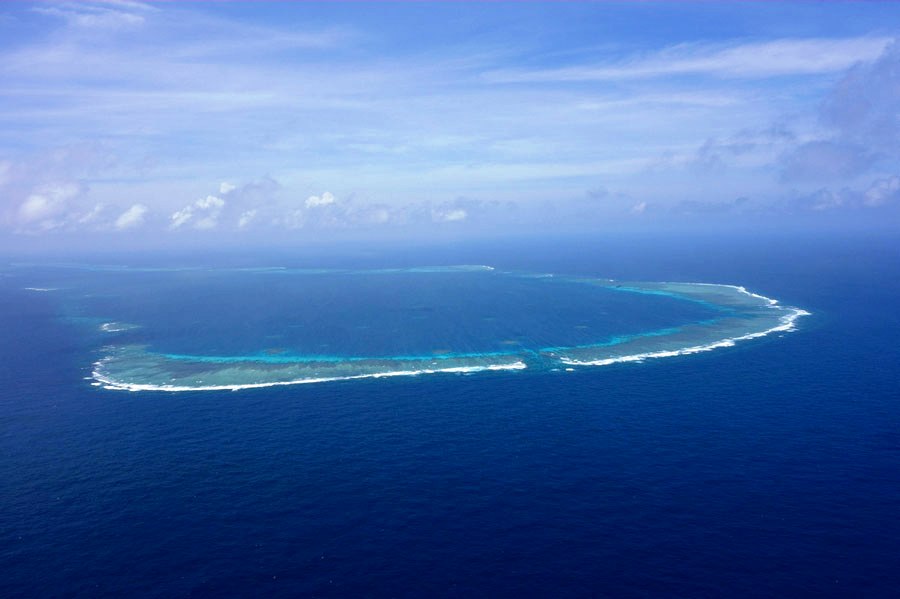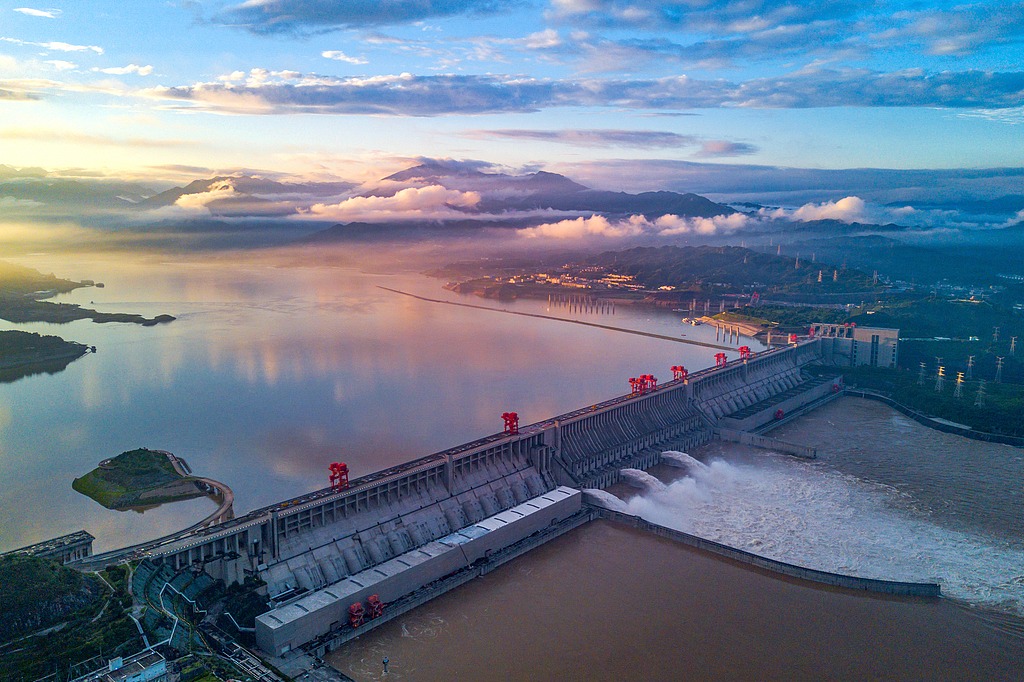Manila should stop saying one thing, doing another


In an interview with Japanese media last week, Philippine President Ferdinand Marcos Jr pointed out that despite the United States' assistance, the maritime dispute with China is "purely a Filipino concern" and Manila considers it "a Philippine problem and we intend to solve that problem ourselves".
But even though he said, "We cannot stop trying and we cannot stop doing everything that we can to promote peace", the Philippine president claimed that Manila is ready to move forward with oil exploration projects in some disputed waters in the South China Sea, which is nothing but an open provocation to China and other claimant parties in the region.
Last week, Chinese Foreign Minister Wang Yi and Philippine Foreign Affairs Secretary Enrique Manalo had what Manila called a "frank and candid" exchange on the two countries' maritime dispute. In the dialogue, Wang reiterated China's consistent stance on the issue and urged Manila to resolve it through negotiation with Beijing.
Manalo, on his part, expressed the hope that the differences between the two countries can be managed in a way acceptable to both sides, so as to cool down tensions and prevent conflict. The Philippines, he said, is willing to strengthen dialogue with China in good faith, make good use of the bilateral communication mechanism on maritime issues, and jointly seek a solution to their differences.
But although the two sides agreed to actively create favorable conditions for a meeting of the Bilateral Consultation Mechanism on the South China Sea as soon as possible, no concrete progress has been made in that regard.
Wang has made it crystal clear that the root cause of the current difficulties confronting bilateral ties lies in Manila's change of policy and position, its refusal to honor the commitments it has made to Beijing and its repeated provocations that undermine China's legitimate and lawful rights and interests.
Marcos' interview shows Manila is intent on saying one thing and doing another by taking full advantage of the support offered by the US and Japan.
Beijing's commitment to properly manage the maritime dispute through dialogue and consultation has not changed; its willingness to work with the Philippines to implement the previously reached understandings has not changed; and its resolve to safeguard China's sovereignty and legitimate rights and interests has not changed.
Manila should avoid being used as a proxy by the US and its allies in the region and prudently handle the maritime dispute with China.
































